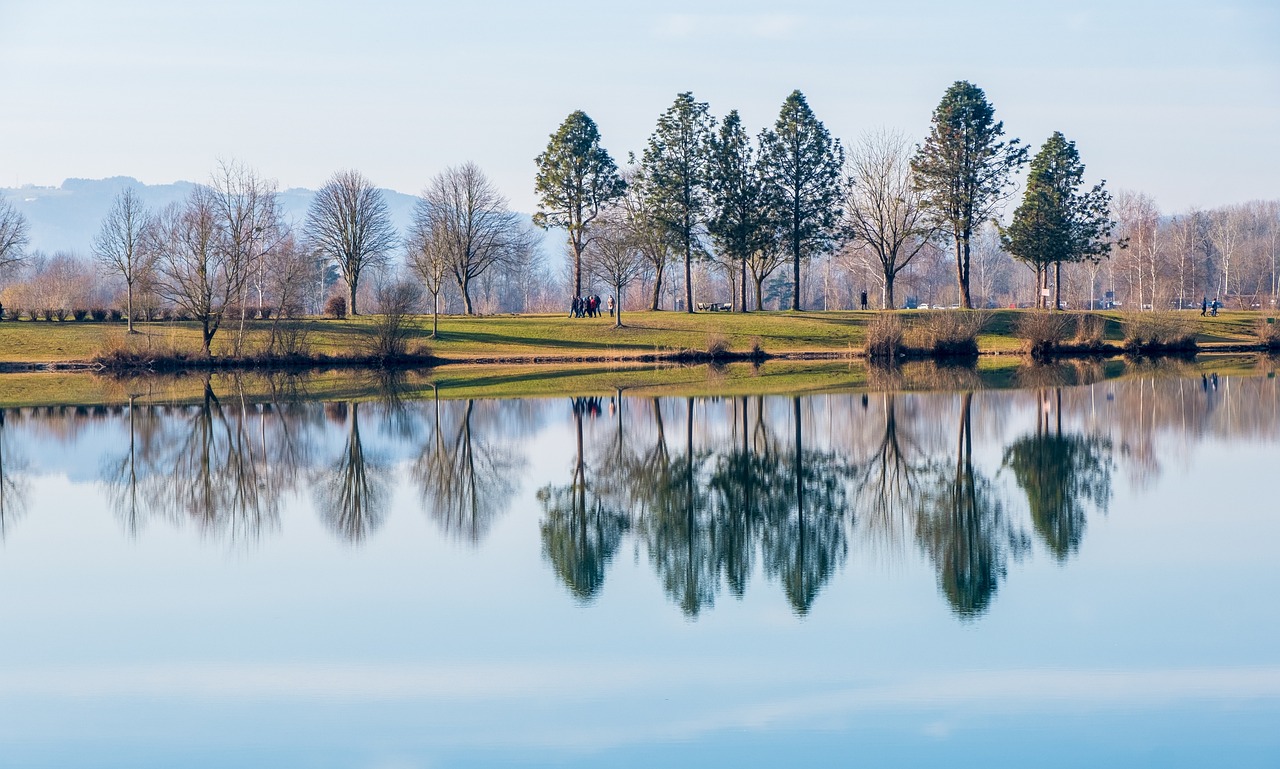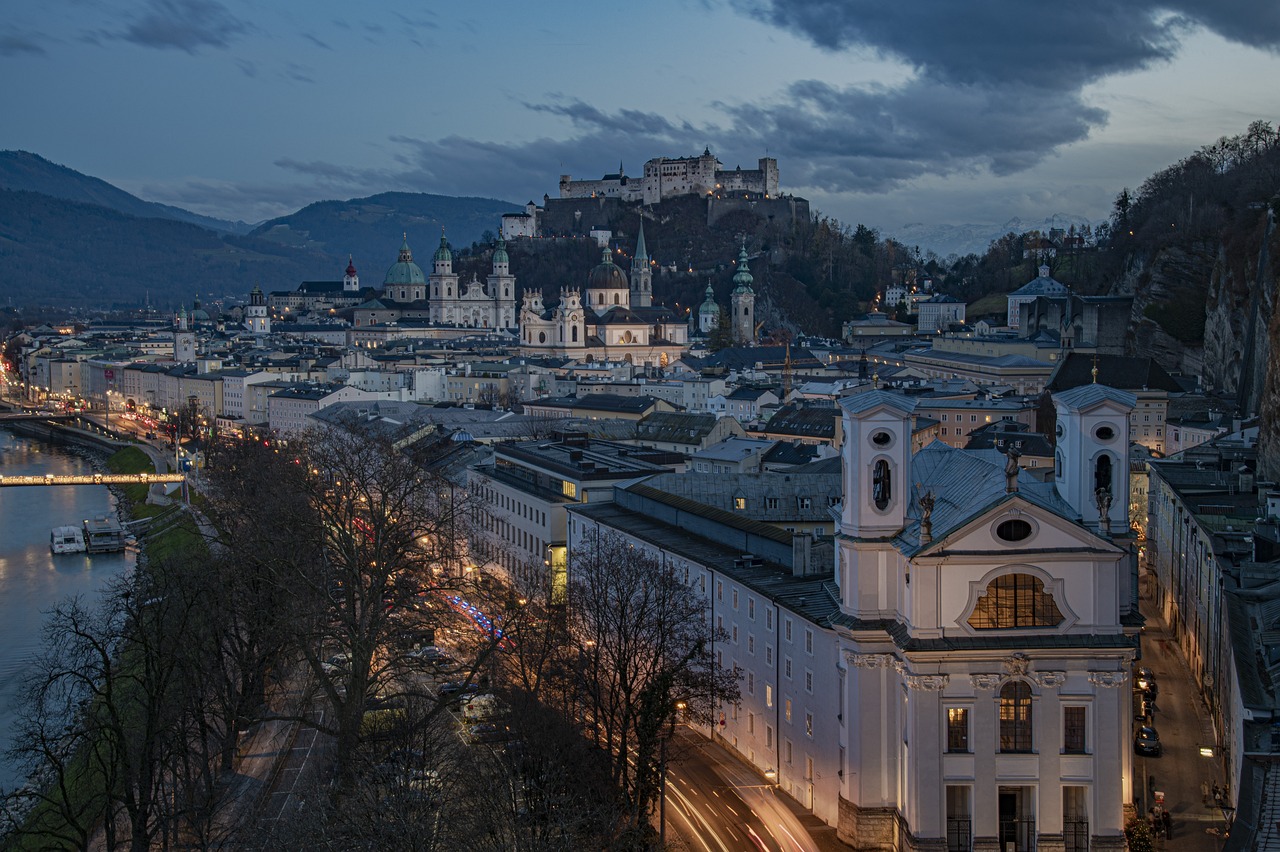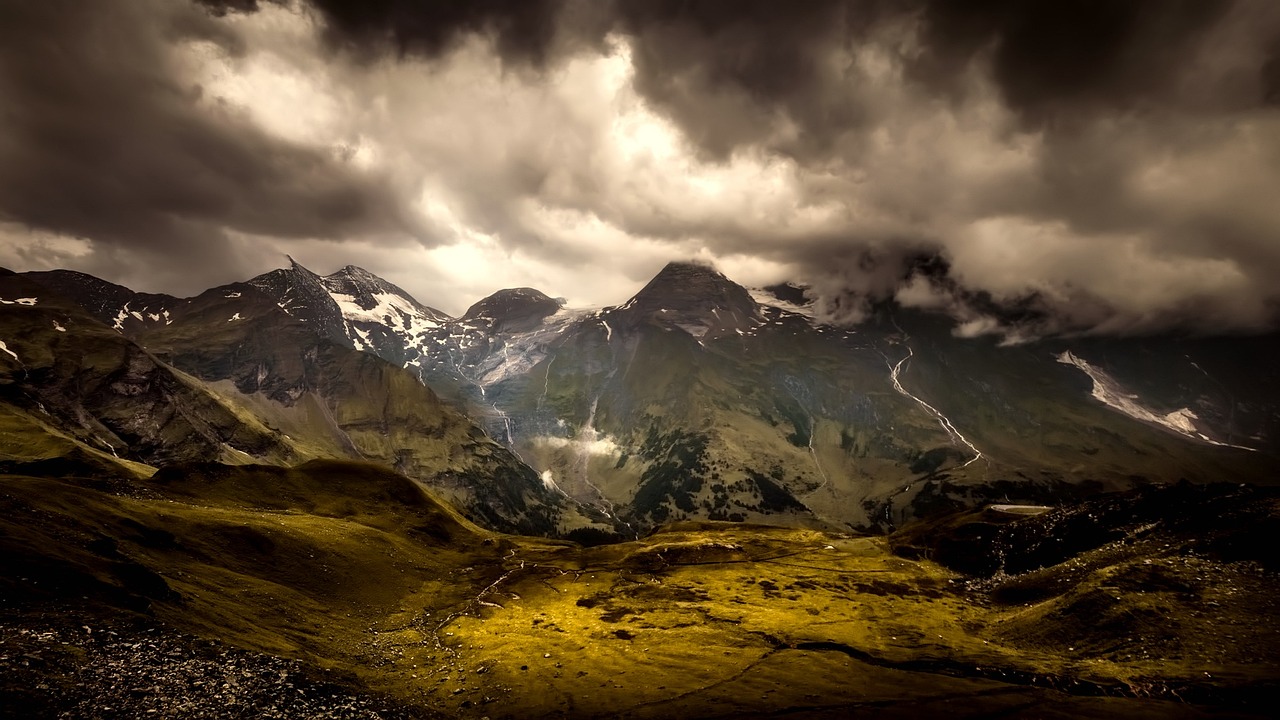Local Celebrations and Holidays: What to Expect in Austria
Austria is a country with a rich cultural heritage and a strong tradition of celebrating local festivals and holidays. These celebrations offer a unique insight into the country’s history, customs, and way of life. From colorful parades to traditional dances and delicious food, there is something for everyone to enjoy. In this article, we will explore some of the most popular local celebrations and holidays in Austria and what you can expect when you participate in them.
Carnival Season: Fasching
The carnival season, locally known as Fasching, is a time of joy and merriment in Austria. It usually starts in January and culminates with Shrove Tuesday, also known as Faschingsdienstag. During this period, you can expect lively parades, masked balls, and street parties in many cities and towns across the country.
- Parades: The Fasching parades are a highlight of the carnival season. Colorfully dressed participants march through the streets, accompanied by music and dancing. Spectators can enjoy the vibrant costumes and elaborate floats.
- Masked Balls: Attending a masked ball is a popular tradition during Fasching. People dress up in elaborate costumes and masks, and dance the night away in grand ballrooms. It’s a chance to experience the elegance and glamour of Austrian society.
- Street Parties: Fasching street parties are held in many cities, offering a lively atmosphere with music, food stalls, and entertainment. Locals and visitors alike come together to celebrate and have a great time.
Easter: Osterfest
Easter, or Osterfest, is an important religious holiday in Austria. It is celebrated with various traditions and customs that reflect the country’s Christian heritage.
- Easter Markets: Leading up to Easter, many cities and towns set up Easter markets, where you can find beautifully decorated eggs, traditional handicrafts, and delicious Easter treats.
- Easter Egg Decorating: Austrians have a long-standing tradition of decorating eggs for Easter. Intricately painted eggs are displayed as ornaments or exchanged as gifts.
- Easter Sunday Mass: Attending Easter Sunday Mass is an important part of the celebration for many Austrians. Churches are beautifully decorated, and the atmosphere is filled with joy and reverence.
Vienna Festival: Wiener Festwochen
The Vienna Festival, or Wiener Festwochen, is an annual cultural event that takes place in Vienna during the spring and summer months. It showcases a wide range of performances, including theater, music, dance, and visual arts.
- Theater Performances: The Vienna Festival features a diverse program of theater performances, ranging from classical plays to avant-garde productions. Renowned theater companies from around the world participate in this festival.
- Music Concerts: Classical music concerts are an integral part of the Vienna Festival. The city’s prestigious concert halls and outdoor venues host performances by renowned orchestras, conductors, and soloists.
- Dance Shows: The festival also presents a variety of dance performances, including ballet, contemporary dance, and traditional folk dances. It is a chance to witness the beauty and grace of Austrian dance.
Salzburg Festival: Salzburger Festspiele
The Salzburg Festival, or Salzburger Festspiele, is one of the world’s most renowned classical music and performing arts festivals. It takes place in the city of Salzburg during the summer months and attracts artists and audiences from around the globe.
- Opera Performances: The Salzburg Festival is famous for its opera productions, featuring world-class singers, conductors, and directors. The festival stages both classic operas and contemporary works.
- Concerts: Classical music concerts are an essential part of the Salzburg Festival. The festival presents orchestral concerts, chamber music performances, and recitals by internationally acclaimed musicians.
- Theater and Drama: In addition to music, the Salzburg Festival also showcases theater and drama productions. It presents plays by renowned playwrights and performances by esteemed theater companies.
Oktoberfest
Although Oktoberfest is most commonly associated with Germany, Austria also celebrates this famous beer festival. In Austria, Oktoberfest is held in various cities and towns, offering a chance to enjoy traditional music, dance, and, of course, beer!
- Beer Tents: Just like in Germany, Oktoberfest in Austria features large beer tents where visitors can taste a variety of regional beers. The atmosphere is lively, with traditional music and dancing.
- Traditional Costumes: Many locals and visitors dress up in traditional Austrian attire, such as dirndls for women and lederhosen for men. It adds to the festive spirit of Oktoberfest.
- Fairground Attractions: Oktoberfest in Austria also includes fairground attractions, such as Ferris wheels, roller coasters, and traditional games. It’s a fun-filled event for people of all ages.
Christmas Markets: Christkindlmärkte
During the Advent season, Austria transforms into a winter wonderland with charming Christmas markets, known as Christkindlmärkte. These markets are a beloved tradition, offering a festive atmosphere and a variety of seasonal delights.
- Handcrafted Gifts: Christmas markets in Austria are an excellent place to find unique handcrafted gifts, including wooden toys, ornaments, and intricate nativity scenes.
- Glühwein and Treats: Visitors can warm up with a cup of glühwein, a spiced mulled wine, while enjoying traditional Austrian treats like gingerbread, roasted chestnuts, and sweet pastries.
- Live Performances: Many Christmas markets feature live performances of carols and festive music. Choirs, brass bands, and local musicians create a magical atmosphere.
Austria Image 1:

Alpine Festivals
Austria’s stunning alpine landscapes provide a picturesque backdrop for various festivals and events throughout the year. These festivals celebrate the region’s traditional customs, music, and cuisine.
- Alpine Folk Music: Many alpine festivals feature live performances of traditional folk music, including yodeling, alpenhorns, and accordion music. It’s a chance to experience the authentic sound of the Austrian Alps.
- Traditional Dances: Folk dance groups perform regional dances in traditional costumes, showcasing the cultural diversity of different alpine regions in Austria.
- Local Cuisine: Alpine festivals offer a wide array of traditional dishes, such as hearty stews, cheese specialties, and freshly baked bread. It’s an opportunity to savor the flavors of the alpine cuisine.
Austria Image 2:

Wine Festivals: Weinlesefest
Austria is known for its excellent wines, and the Weinlesefest, or wine harvest festival, is a celebration of the country’s viticultural heritage. It takes place in various wine regions, offering wine tastings, vineyard tours, and cultural events.
- Wine Tastings: Visitors can sample a wide selection of Austrian wines, including white, red, and dessert wines. Wine experts guide tastings, providing insights into the different grape varieties and winemaking techniques.
- Vineyard Tours: Guided tours of vineyards allow visitors to learn about the winemaking process, from grape cultivation to wine production. It’s an opportunity to explore the scenic landscapes of Austria’s wine regions.
- Live Music and Entertainment: Wine festivals feature live music performances, traditional dances, and cultural shows. It creates a festive atmosphere where visitors can immerse themselves in Austrian wine culture.
Austria Image 3:

St. Nicholas Day: Nikolaustag
St. Nicholas Day, or Nikolaustag, is celebrated on December 6th in Austria. It is a day when children eagerly await a visit from St. Nicholas, who rewards them with small gifts and treats.
- St. Nicholas Processions: In many Austrian towns, St. Nicholas processions are held, where St. Nicholas, accompanied by his helpers, parades through the streets, distributing sweets and small presents to children.
- Traditional Costumes: St. Nicholas is often portrayed wearing a bishop’s robe and a mitre. His helpers, known as Krampus, wear scary masks and costumes, adding an element of excitement to the celebrations.
- Gift-Giving: On St. Nicholas Day, children place their shoes outside their doors, hoping to find them filled with small gifts, chocolates, and oranges in the morning. It’s a joyous occasion for families.
Conclusion
Austria’s local celebrations and holidays offer a glimpse into the country’s vibrant culture and traditions. From carnival parades and masked balls to music festivals and wine harvest celebrations, there is always something to celebrate throughout the year. Whether you’re a music enthusiast, a food lover, or simply looking to immerse yourself in Austrian traditions, these festivities provide a unique and memorable experience. So, plan your visit to Austria accordingly and join in the fun!
References
- vienna.info – Vienna Festival: vienna.info/en/music-stage-shows/vienna-festival
- salzburg.info – Salzburg Festival: salzburg.info/en/salzburg-festival
- oktoberfest.de – Oktoberfest in Austria: oktoberfest.de/en/oktoberfest-in-austria
- austria.info – Christmas Markets: austria.info/en/things-to-do/cities-and-culture/christmas-markets
- austriawine.com – Austrian Wine: austrianwine.com

